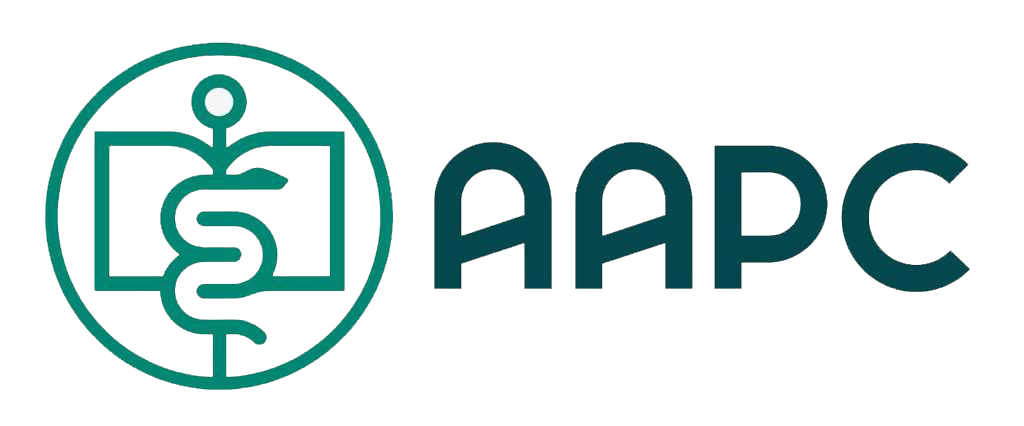
Table of Contents
Ever found yourself at the hospital after a little accident—like when you broke your arm while trying to impress your friends on the soccer field? Yep, we’ve all been there at least once! The doctor examines you, writes up a diagnosis, and hands you a prescription. But have you ever wondered what happens behind the scenes of all that medical jargon? Enter medical coding!
In a nutshell, medical coding is like translating the doctor’s notes, treatments, and prescriptions into a universal language of alphanumeric codes. It’s what makes the healthcare world run smoothly, ensuring that everything from your diagnosis to your medicine gets recorded and tracked properly. So next time you see those mysterious codes on your hospital bill, just remember—you’ve got a coder behind the scenes making sure everything is in its place!
Why is Medical Coding important?
Medical coding is vital in today’s rapidly evolving healthcare sector. It ensures efficient storage of detailed patient records for easy retrieval when needed. Additionally, coding facilitates accurate billing, ensuring healthcare providers are appropriately reimbursed while preventing overcharges for patients. Overall, medical coding plays a crucial role in maintaining the smooth functioning of healthcare and technology integration..
Medical Coding Oppurtunities In India
Medical coding in India is rapidly growing, driven by rising healthcare demands and advancements in health information technology. Here are the key highlights:
-India’s healthcare industry is booming, fueled by population growth, rising health awareness, and technological advancements.
-Medical coding is crucial for processing health insurance claims, which are becoming increasingly common as healthcare services grow.
The demand for certified medical coders is growing in hospitals, clinics, insurance companies, and healthcare outsourcing firms.
Entry-level coders can earn between ₹25,000 to ₹40,000 per month, depending on location and employer. With experience and certifications, senior coders can earn ₹70,000 to ₹1,00,000 monthly.
Oppurtunities of medical coding in Abroad
Entry-level medical coders can earn between $45,000 to $55,000 per year, while experienced coders can make between $60,000 to $80,000 or more, depending on certification and specialization.
Requirements to become a medical coder
Education – A high school diploma or GED and medical coding training through an associate degree, certificate, or on-the-job training.
Background: Useful background in life sciences, pharmacy, nursing, allied health, or medicine.
Knowledge: Medical codes, diseases, treatments, terminology, and body systems must be known.
Analytical skills: One needs analytical skill to be able to analyze the medical records correctly and then apply the appropriate codes.
What do you learn in Medical Coding?
Coding systems
You learn about the three major coding systems used in the coding process: International Classification of Diseases (ICD), Current Procedural Terminology (CPT), and Healthcare Common Procedure Coding System (HCPCS).
Medical vocabulary
You will learn basic medical terms relating to anatomy, physiology, and common diseases.
Medical records
How to abstract information from medical records, like the doctor’s note, the lab results, and even the radiologic results.
Medical billing
You will learn how to assign codes to medical billing information and create claims for insurance carriers.
Patient information
You’ll learn how to analyze patient data to start the medical claim procedure.
Patient confidentiality
You’ll learn about patient privacy and confidentiality laws.
Do you want to know more about meidcal coding? then contact accurate medical coding. We are aapc approved top medical insitute in kerala with more than 3000+ placement records.We provide classes in both online and offline mode.


Certifications in Medical Coding
Certified Professional Coder (CPC): The most recognized certification, and the gold standard in coding healthcare services.
Certified Outpatient Coder (COC): Shows that a coder has the competency to code hospital groups, ambulatory surgical centers, and hospital billing departments.
Certified Inpatient Coder, or CIC: They confirm one’s expertise in the diagnosis and procedure coding of inpatients.
Certified Risk Adjustment Coder: Demonstrates experience in medical record analysis in the context of coding issues.
Certified Professional Biller (CBP): This credential assures the skills to manage the various activities of revenue cycle, specifically patient and payer billing.
Certified Evaluation and Management Coder-CEMC; Experience with Medical Decision Making (MDM) guidelines.
Certified ENT Coder (CENTC): Designated coder of procedures that the ear, nose, and throat specialist performs.
Frequently Asked Questions
1. How is the work-life balance for medical coders?
Medical coding offers a relatively good work-life balance, with many coders having the option to work remotely. In India, depending on the employer, typical working hours range from 8-9 hours a day. Abroad, flexible schedules are more common, with remote work opportunities, which make balancing personal and professional life easier.
2. What is the future scope of medical coding as a career?
With the rapid digitization of healthcare systems and growing emphasis on data accuracy, the demand for skilled medical coders is projected to rise. In India, the healthcare outsourcing industry is booming, creating more job opportunities. Internationally, countries with advanced healthcare systems are also seeing increased demand for coders, making it a sustainable and promising career path for the future.
3. How long does it take to be a medical coder?
Here in accurate medical coding insitute in calicut,our course duration is 3 months.We also provide placement support for students.
4. Where do medical coders work?
Certified medical coders can work from home, in hospitals, or in doctor’s and medical offices.

